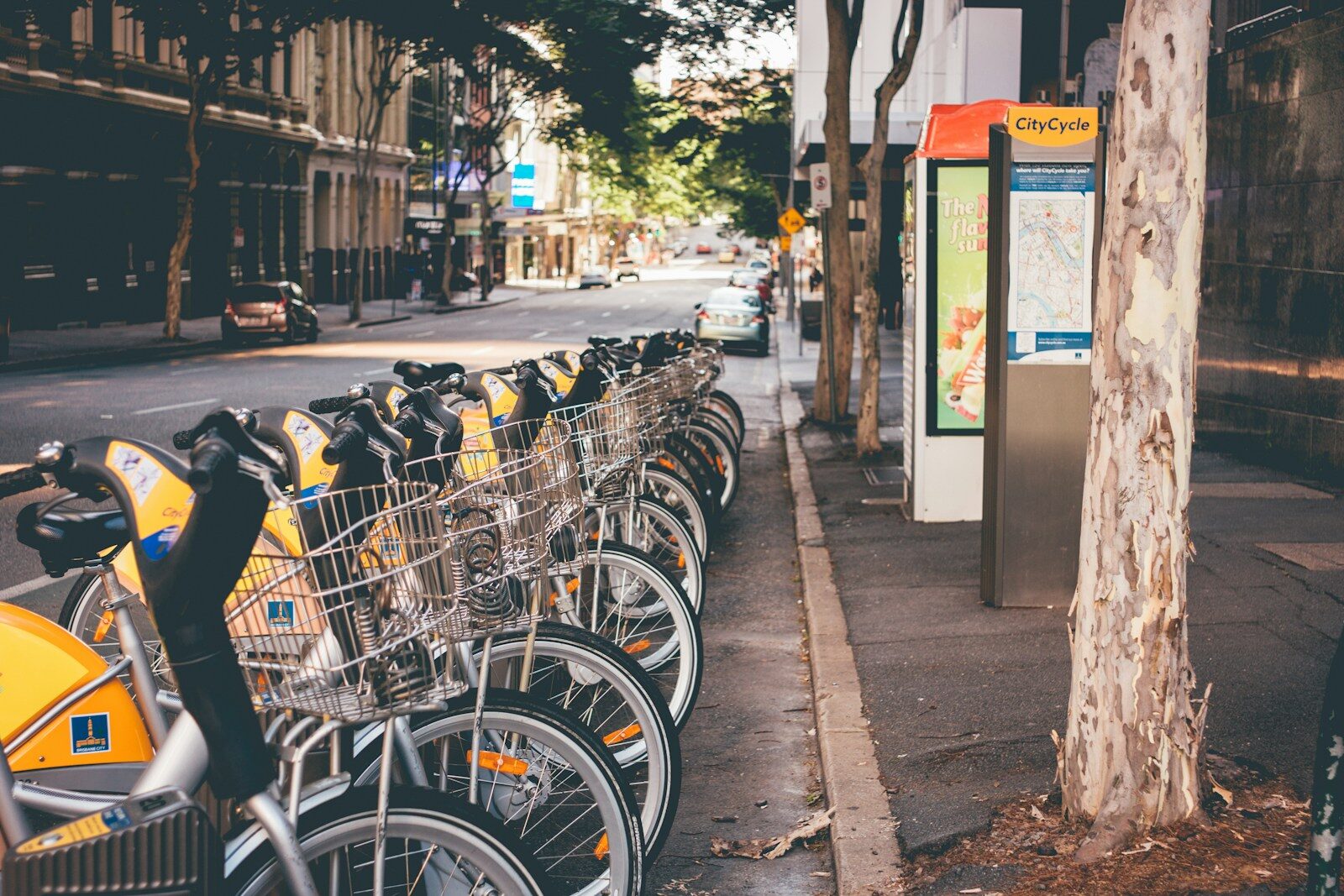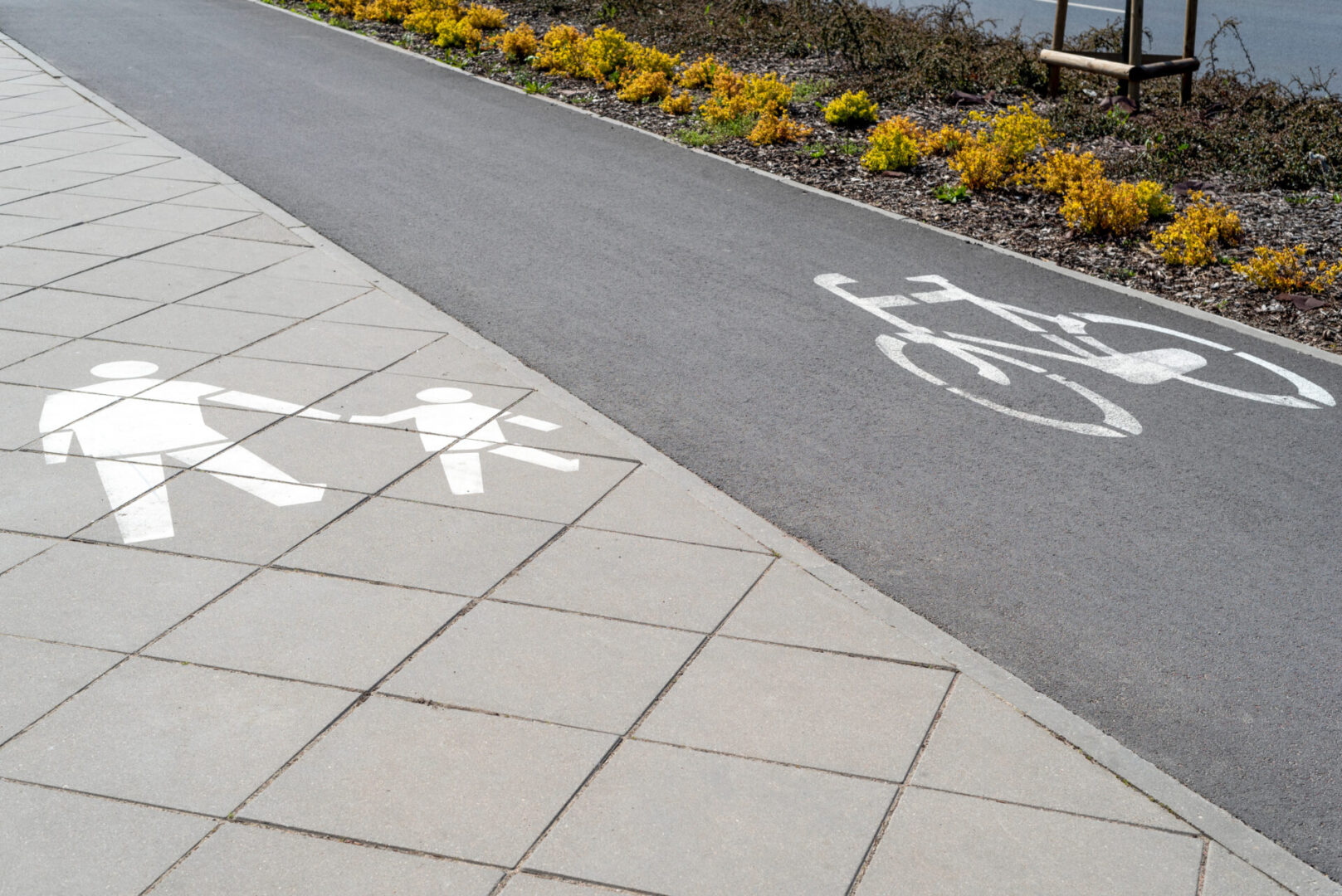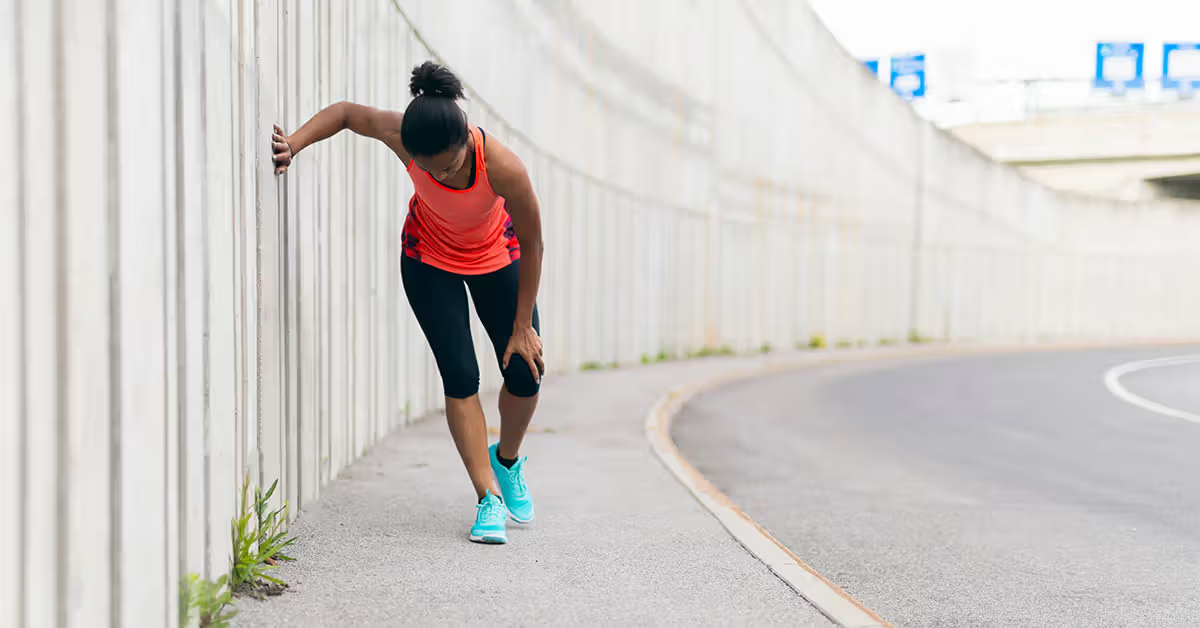A global movement that highlights the power of bicycles for sustainability, health, and social impact.
Why celebrate world bicycle day?
Since its establishment in 2018, World Bicycle Day has been celebrated annually on June 3rd by cycling advocates around the globe. Spearheaded by the government of Turkmenistan, World Bicycle Day recognizes “the uniqueness, longevity and versatility of the bicycle… a simple, affordable, reliable, clean and environmentally fit sustainable means of transport, fostering environmental stewardship and health.”
The push for World Bicycle Day began with Professor Leszek Sibilski in 2015 as an academic project on the role of bicycles in development, evolving into a global advocacy movement and gaining the support of the UN’s Sustainable Mobility for All. In April 2018, the UN General Assembly unanimously adopted a resolution officially designating June 3 as World Bicycle Day.
As cities face rising emissions, congestion, and health challenges, bicycles offer a scalable solution. They reduce carbon footprints, ease traffic, and promote active lifestyles. Celebrating World Bicycle Day reminds us of the bicycle’s unique role in advancing the UN’s Sustainable Development Goals – from clean energy and climate action to education, equity, and well-being.

The evolution of the bicycle
The bicycle has a long and fascinating history. In 1817, German inventor Karl von Drais built the ‘running machine,’ a two-wheeled horseless vehicle propelled by its rider. A few decades later, pedals were added, followed by innovations like the high-wheeled penny-farthing in the 1860s, featuring a large front wheel and small rear wheel, notoriously difficult to ride.
The late 19th century saw the beginning of the modern ‘safety’ bicycle, which resembles current designs, with two equal-sized wheels and a chain-driven mechanism, providing greater stability and increasing accessibility led to a rapid growth in global popularity. Over time, cycling technology evolved: lighter frames, gears, and terrain-specific models expanded the possibilities for riders, from urban and rural commuters to cycling athletes.
Today, cycling cultures thrive around the world. From the car-free Sunday Ciclovías in Bogotá to the Cycle Superhighways of Copenhagen, cycling is more than transport – it’s a lifestyle. Cities like Amsterdam, Tokyo, and Cape Town showcase how bikes are woven into daily routines, urban planning, and recreation. Whether through world-class infrastructure in the Netherlands, Japan’s orderly street-sharing, or India’s growing cycling revival, diverse cultures are embracing the bicycle to build healthier, greener, and more connected communities.

Bicycles as tools for change
Bicycles don’t just move people, they change lives. Nonprofit organizations worldwide are harnessing the power of bikes to tackle social challenges, such as:
- The World Bicycle Relief has harnessed this potential on a global scale by designing and manufacturing the signature Buffalo Bicycle. Founded in 2005 in response to the Indian Ocean tsunami, 24,000 ‘Buffalos’ were distributed to displaced communities in Sri Lanka to help survivors regain access to schools, clinics, and jobs. Since then, World Bicycle Relief has empowered millions, proving that something as simple as a bike can open doors to education, healthcare, and economic opportunity. To learn more, watch this video: Cycling to a Brighter Future: Ensuring Girls’ Educational Equity.
- The Bloomberg Initiative for Cycling Infrastructure (BICI) supports cities around the world in building safer, connected cycling networks. Launched in partnership with the Global Designing Cities Initiative, BICI provides funding and technical expertise to help cities design bike-friendly streets that boost cycling rates, improve health, and enhance urban livability. In 2023, ten cities across five continents were awarded grants to develop innovative, sustainable mobility solutions for over 15 million residents.

Take home messages:
- Advance sustainability: Bicycles produce zero emissions, and even electric bikes have a much lower environmental impact than cars, making cycling one of the most sustainable means of transportation.
- Promote health: Cycling boosts physical and mental health and helps prevent chronic diseases such as diabetes and high blood pressure.
- Foster social inclusion: Bikes provide affordable, reliable transport, especially in underserved communities—closing gaps in mobility, education, and opportunity.
Authored by:
Dr Mark Stoutenberg | Wolfson Research Institute for Health & Well-Being, Durham University, Durham, UK




